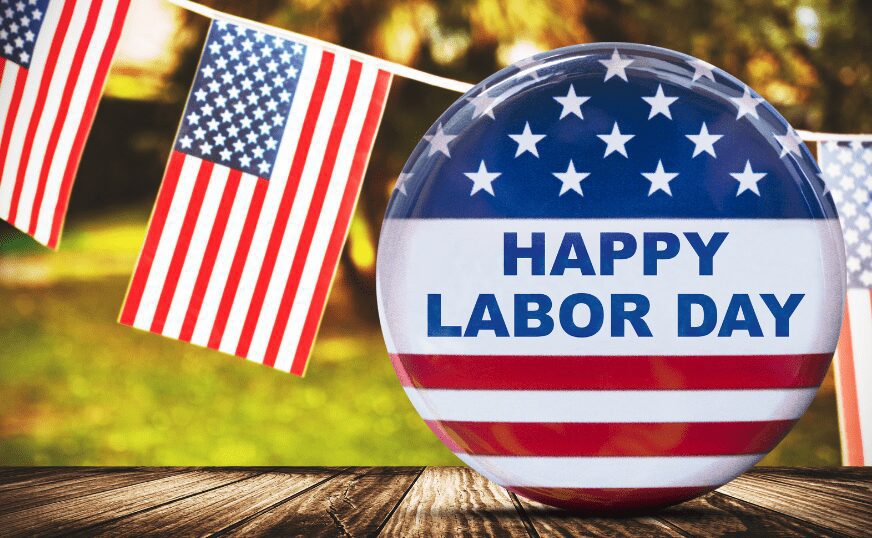
Labor Day is a holiday that celebrates the achievements of American workers. It was first celebrated in 1882 and became a national holiday in 1894
Labor unions were essential in establishing Labor Day as a national holiday. Today, it is typically celebrated with picnics, barbecues, and parades. Many people also use the long weekend to travel or visit family and friends.
For many Americans, the weekend of Labor Day marks the end of summer. As the kids return to school, the temperature drops, and there’s a palpable sense of change in the air. But while most of us enjoy the long weekend as a chance to unwind and relax, it’s important to remember what Labor Day is all about.
What Does Labor Day Celebrate
Labor Day is observed in the United States every first Monday in September. It honors the American labor movement and workers’ contributions to the country’s strength, prosperity, and well-being.
Why Is Labor Day Celebrated
In 1882, Peter J. McGuire led the first Labor Day parade in New York City, which was organized by the American Federation of Labor (AFL).
McGuire proposed that Labor Day be celebrated yearly on one day during which “the laboring man [could] feel that his day has arrived.”
The idea caught on, and soon other cities and states began holding their parades and celebrations on or around May 1—a date designated as International Workers’ Day by socialists and communists around the world.
In 1894, Labor Day became a national holiday when Congress passed legislation making it so. President Grover Cleveland signed the bill just six days after he had broken up a railroad strike by sending federal troops to quell violence between workers and strikebreakers in Chicago.
Root Cause Of Strikes
What led to the contemporary three-day Labor Day weekend that we know today? How did these strikes come to be?
States observed the “workingmen’s holiday” after the strike began by giving workers the first Monday off in September.
Working circumstances gradually improved during the following ten years, and the holiday’s popularity increased. President Grover Cleveland made Labor Day an official holiday on June 28, 1894, to recognize the workers who made it possible for our nation to grow technologically.
Without that labor force, we wouldn’t have today’s electronics, railroads, vehicles, or cameras.
Therefore, Labor Day is a time to reflect on those who came before us and an opportunity to commemorate the present worker.
Consider the sacrifices made by individuals who helped our nation achieve its everyday conveniences as you organize this year’s three-day weekend.
Conclusion
So as we enjoy our three-day weekends this Labor Day, let’s take a moment to reflect on what this holiday is all about—and give thanks to all of the hardworking men and women who make our country great.




























